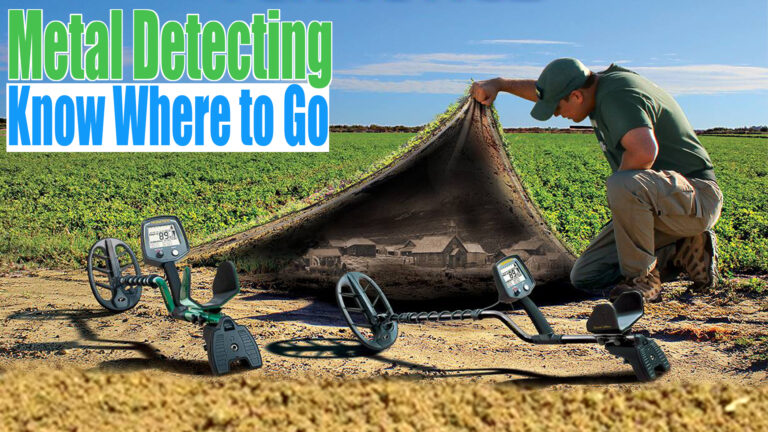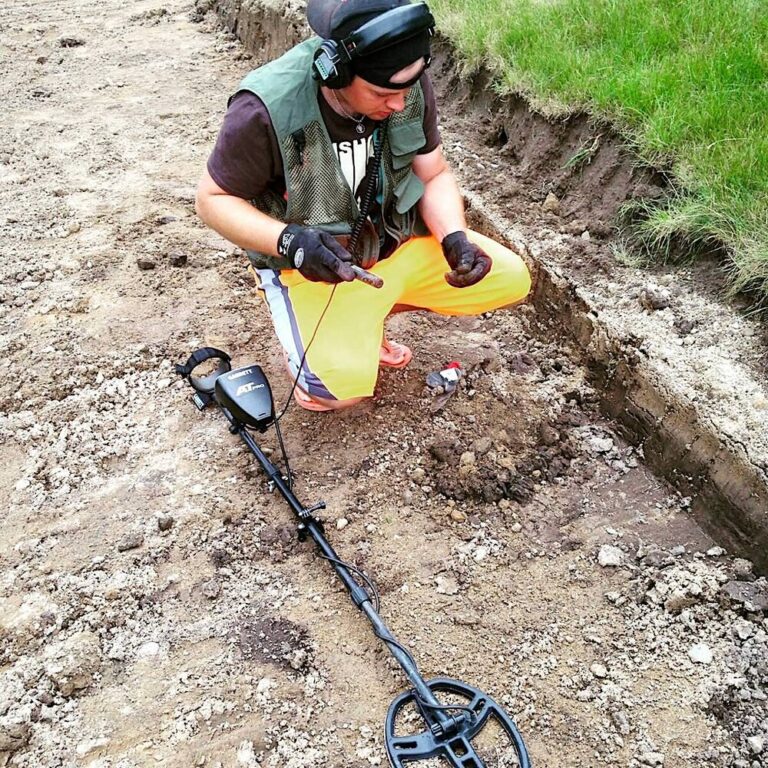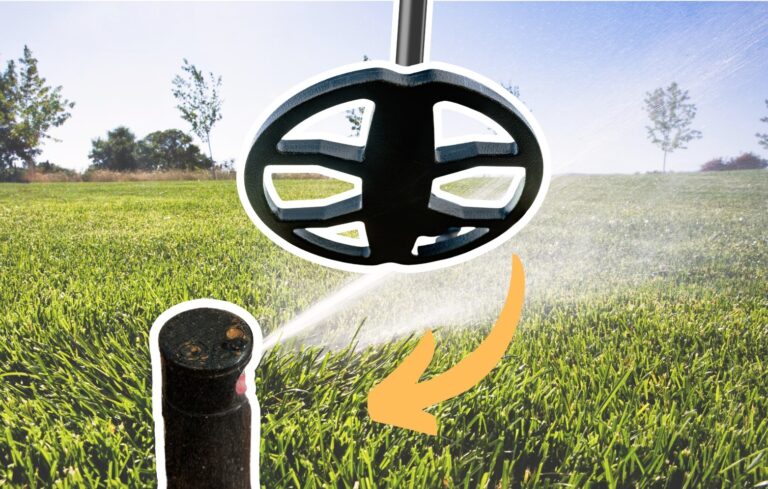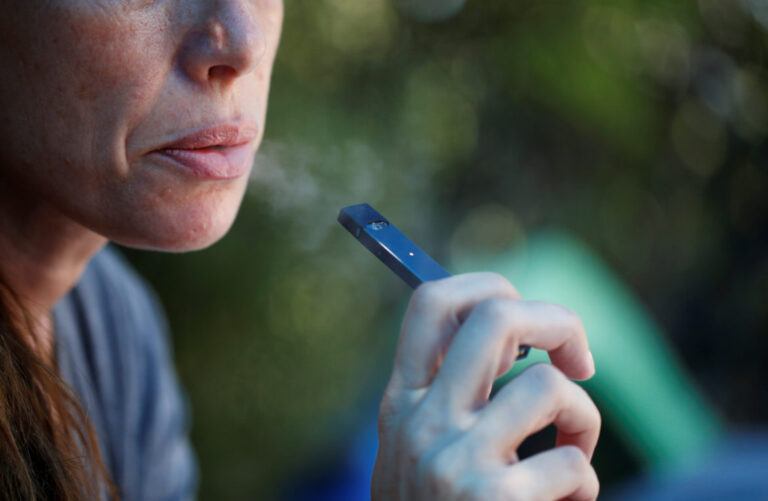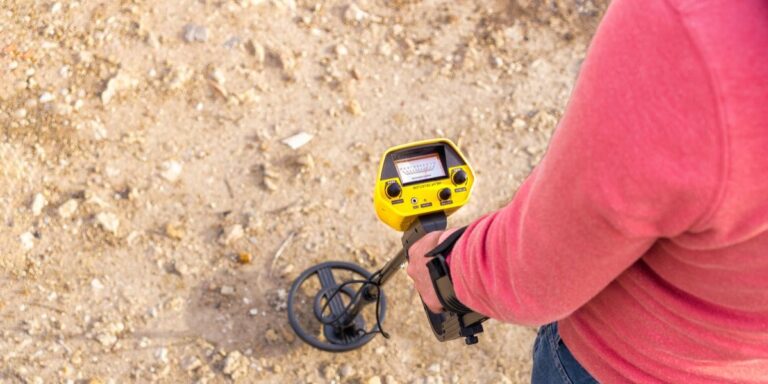Metal Detecting on the Beach Laws
There is no federal law governing metal detecting on beaches, so each state has its laws. In some states, such as Florida and Hawaii, metal detecting is allowed on all public beaches. However, in other states, like California, metal detecting is only allowed in certain areas.
Be sure to check the laws in your state before you go metal detecting on the beach.
If you enjoy spending time at the beach with a metal detector, it’s important to be aware of the laws in place regarding this activity. In most cases, you’ll need to obtain a permit from the local authorities before you can start scanning the sand for buried treasure. There may also be some restrictions in place as to where you can search and what types of items you’re allowed to remove from the beach.
Once you have your permit, make sure to familiarize yourself with all the rules and regulations. Pay attention to posted signs that indicate areas where metal detecting is not allowed. And always fill in any holes that you dig so that others can enjoy the beach just as much as you do!
Can You Keep Treasure You Find on the Beach?
There’s no easy answer when it comes to whether or not you can keep the treasure you find on the beach. It depends on a number of factors, including where you are, what the treasure is, and how it got there. In general, however, if you find something on the beach that appears to be valuable – such as coins, jewelry, or even art – it’s best to err on the side of caution and assume that it doesn’t belong to you.
The same goes for anything else of value that you might find, like a watch or sunglasses. Of course, if the item is clearly marked with someone’s name or contact information, then it’s safe to assume that it was lost and not abandoned. In this case, your best bet is to try and return it to its owner.
If there’s no way to determine who owns the item or how it got there, then your next step should be to contact your local police department or other law enforcement agency. They’ll likely have procedures in place for dealing with found property, and they can help ensure that whatever you’ve found ends up back in the right hands – whether that’s its rightful owner or the state/province/country where it was discovered.
Can You Use a Metal Detector on the Beach?
Yes, you can use a metal detector on the beach. However, there are a few things to keep in mind. First, not all beaches are created equal.
Some have more sand than others, and some have more rocks. This will affect how well your metal detector works. Second, salt water is conductive, so be sure to rinse off your coil after detecting it in salt water.
Third, always get permission before you start detecting on someone else’s property.
How Do I Get Permission to Metal Detect on the Beach?
If you want to detect metal on the beach, you need to get permission from the local authorities. This usually involves getting a permit from the town or city in which the beach is located. The best way to find out how to do this is to contact your local Chamber of Commerce or Parks and Recreation Department.
They will be able to tell you what the requirements are for metal detecting on the beaches in your area.
Where Can You Legally Metal Detect in Wisconsin?
There are many places to metal detect in Wisconsin legally. Some of the best places include state parks, national forests, and public lands managed by the Bureau of Land Management. Many private properties allow metal detecting with permission from the owner.
When searching for a place to metal detect, always remember to research the area before starting. Make sure you are aware of any regulations in place that might restrict where or how you can search. It is also important to respect private property and avoid trespassing.
Always get permission from the landowner before entering their property to search. Here are some great resources to help you find places to metal detect in Wisconsin: -The Wisconsin Historical Society’s website has a list of state-owned historical sites that are open to the public for metal detecting:
- The National Park Service’s website has a list of national parks in Wisconsin that offer opportunities for recreational activities like metal detecting
Is It Illegal to Use a Metal Detector in a Public Park
If you’ve ever wanted to go on a treasure hunt, consider using a metal detector. But before you start combing the park for buried loot, it’s important to know the law. In short, yes, it is illegal to use a metal detector in a public park without a permit.
Metal detectors are useful tools that can help locate hidden metal objects. This makes them ideal for finding lost coins, jewelry, and other valuables. However, they can also be used to find weapons and other contraband.
For this reason, many public places have banned their use. Parks are one of these places. In most cases, it is against the law to use a metal detector in a park without first obtaining a permit from the appropriate authorities.
This rule is in place to protect the park’s resources and prevent people from damaging sensitive areas with their devices. If you’re caught using a metal detector in a public park without a permit, you could be subject to penalties such as fines or even jail time. So, before you start your next treasure hunt, make sure you’re familiar with the rules and regulations regarding metal detectors in your area.
Metal Detecting Laws Texas
There are no statewide laws in Texas regarding the use of metal detectors, so each county and city can set its own rules. In general, though, you’ll need to get permission before using a metal detector on someone else’s property. Be sure to read any posted signs at parks or other public places before starting your search.
If you’re interested in looking for buried treasure, there are a few things you should keep in mind. First, it’s important to research the area where you want to search. Make sure you’re not trespassing, and be aware of any sensitive cultural or historical sites that might be in the area.
You’ll also need to obtain a permit from the Texas Historical Commission before searching on state-owned land. When you’re ready to start your treasure hunt, be sure to follow all local laws and regulations. With a bit of planning and some patience, you could find yourself uncovering hidden gems!
Why is Metal Detecting Illegal
If you’re a fan of treasure hunting, you may be wondering why metal detecting is illegal in some places. After all, what’s the harm in using a metal detector to find hidden objects? Unfortunately, there are a few reasons why this activity is banned in certain areas.
For one thing, metal detecting can damage historical sites. If people are constantly digging around in an area, they can unintentionally destroy artifacts or features that could be important to historians and archaeologists. In addition, many people who go metal detecting need to have the proper training to document and preserve any items they may find properly.
As a result, valuable items can be lost or damaged. Another reason why metal detecting is illegal is because it can interfere with other people’s enjoyment of natural areas. If everyone were allowed to use metal detectors everywhere, soon there would be no more pristine beaches or forests because everyone would be walking around looking for treasures instead of enjoying the scenery.
In addition, the noise from metal detectors can disturb wildlife and cause them to flee their habitats. So, if you’re thinking about going on a treasure hunt, make sure you check local laws first. You want to avoid getting into trouble with the law or damaging any important historical sites!
Conclusion
Metal detecting on the beach is a popular activity, but there are some things to keep in mind before you start. First, check the local laws and regulations to see if there are any restrictions on where you can metal detect. Some beaches may have off-limits areas, so it’s important to know where you can and cannot search.
Second, be sure to respect other beachgoers and give them plenty of space while you’re searching. And finally, remember to clean up after yourself when you’re done!


